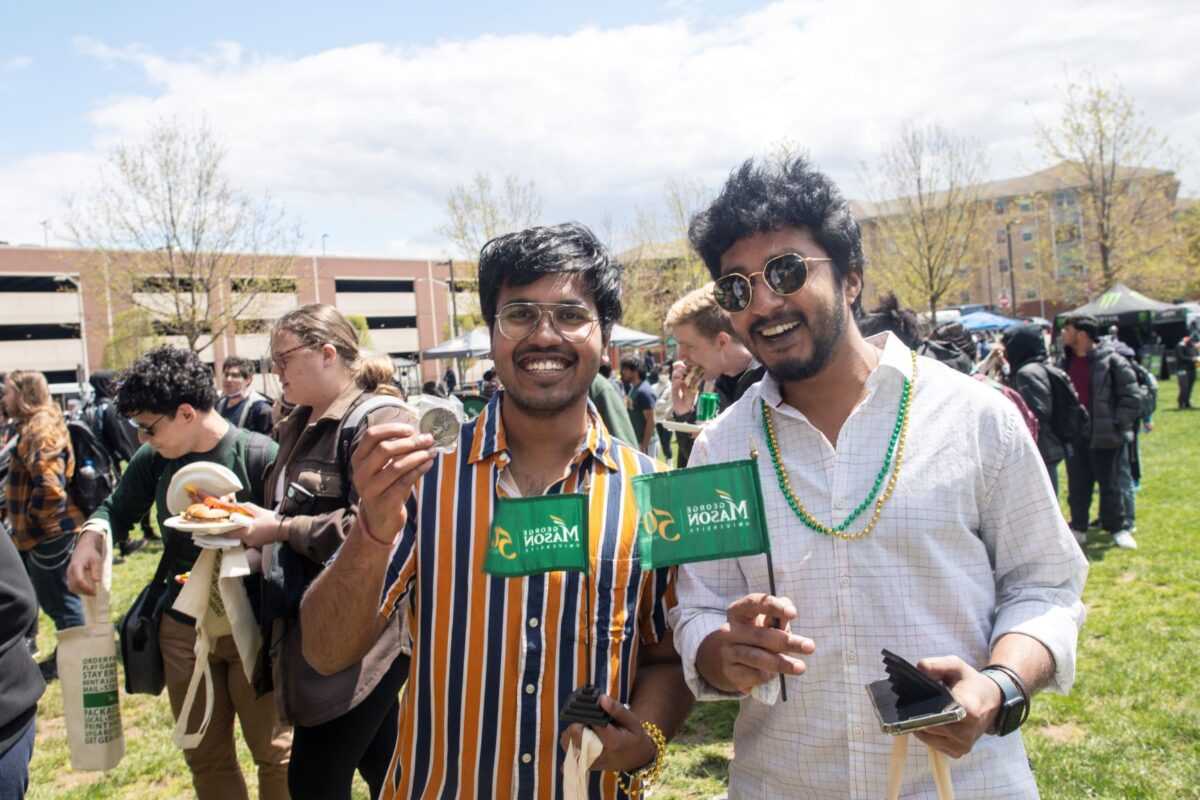By: Suvra Das, a Mason student majoring in Psychology
“Friendship is the source of the greatest pleasures, and without friends even the most agreeable pursuits become tedious.” – Thomas Aquinas
Making friends is both an adventure and a challenge. Some of us find making friends as easy as picking an apple from a tree, while others find it feels like they must climb Mount Everest to make even a single friend. But the effort required to build strong friendships is worthwhile because friends are a vital part of our well-being. Friendships – especially long-term ones – provide a steady source of emotional support. Friends are there for each other during life’s ups and downs. As friends, we know our history, quirks, and vulnerabilities, so we can offer each other relevant advice, empathy, and caring help. Here’s how to enjoy good friendships that last.
Research on Friendships and Well-Being
Research shows that friendships are important components in our lives, contributing greatly to our well-being. A multi-generational Harvard study found that good relationships (particularly friendships) have a significant impact on our happiness and wellness. What adds a unique twist to this research is the concept of proximity. The study suggests that not only do friends influence our happiness, but the physical closeness of those friends also plays a crucial role. The study unveils an intriguing pattern: The proximity of a friend significantly influences the degree of happiness that their own happiness imparts to you. A friend living within a mile of you can increase your likelihood of being happy by a substantial 25 percent. On the contrary, as the distance between friends grows, the impact of their happiness on your own diminishes over time.
A Personal Experience with Friendships and Well-Being
When I was younger, it was very difficult for me to make friends. I wasn’t born in the United States and was unnerved by having a very different cultural background from the people I was around. I felt shy and created ideas in my mind that said, “I’m too different from them to be friends, so they’ll reject me.” But what actually happened was quite the opposite. When I met my first best friend, that difference created a sense of curiosity that led to talking and sharing things about each other’s lives. Now I follow these few simple guidelines for friendships that can make it easier to be friends with others:
- Muster up the courage to approach someone. Honestly, this is the hardest step because it’s easier said than done. We may become overwhelmed as we think about all that could go wrong in that scenario. But action is key. Just say “hi” to someone with a smile to get a conversation started.
- Ask questions, listen, and relate. These three actions go together for creating long-term friendships with others. Be genuine with what you want to know and what you’d like to share with the other person.
- Be yourself. This sounds like a no-brainer. But too often, we try to act like something or someone else to get a person to like us. That will never work, because people only know what you present to them. It’s better to have friends who accept your genuine true self than an imposter.
Give these guidelines a try, see what works well for you, and adjust as needed as your friendships grow.
Project Connect
A lot of us still may find it hard to make friends due to one simple factor: We don’t have the right environment to meet people who have shared interests. That problem can be solved easily by joining one of Mason’s ProjectConnect groups for students. ProjectConnect helps students meet new people and make potential friends by meeting in small groups to engage in sessions of thought-provoking questions and fun activities.
I enjoyed participating in a student ProjectConnect group at Mason. I got to meet a bunch of new people and be a part of valuable conversations. The different questions we considered each week opened me up to learning a lot about the people that were in my group. Although the group only lasted for five weeks, I can confidently say that just from that I became closer to a group of strangers than I have with some people I’ve known for many years. The group activities and discussions helped us become comfortable with ourselves and with those around us. If you find it hard to approach someone, I highly recommend trying this out to become comfortable around other people in a safe and understanding environment.
Additional Resources
- The Psychology Today.com article “The Importance of Lifelong Friendships”
- The PsychCentral.com article “9 Health Benefits of Friendship”
- The WikiHow.com article “How To Make Friends”
- The Parade.com article “Making New Friends as an Adult Isn’t Easy, but Luckily, We Have 102 Expert-Backed Ways to Do Just That”
- The Greater Good Science Center article “Why Friendships Among Men are So Important”
- The Greater Good Science Center article “Four Types of Work Friendship (and Which One is Best for You)”
- Mason’s ProjectConnect groups for students
- Mason’s ProjectConnect groups for faculty and staff
Write one of these Thriving Together Series features! We’re looking for contributions on all topics related to well-being. Read other Thriving Together Series articles here and contact us at cwb@gmu.edu for guidelines. Thank you for helping our Mason community thrive together online!






















